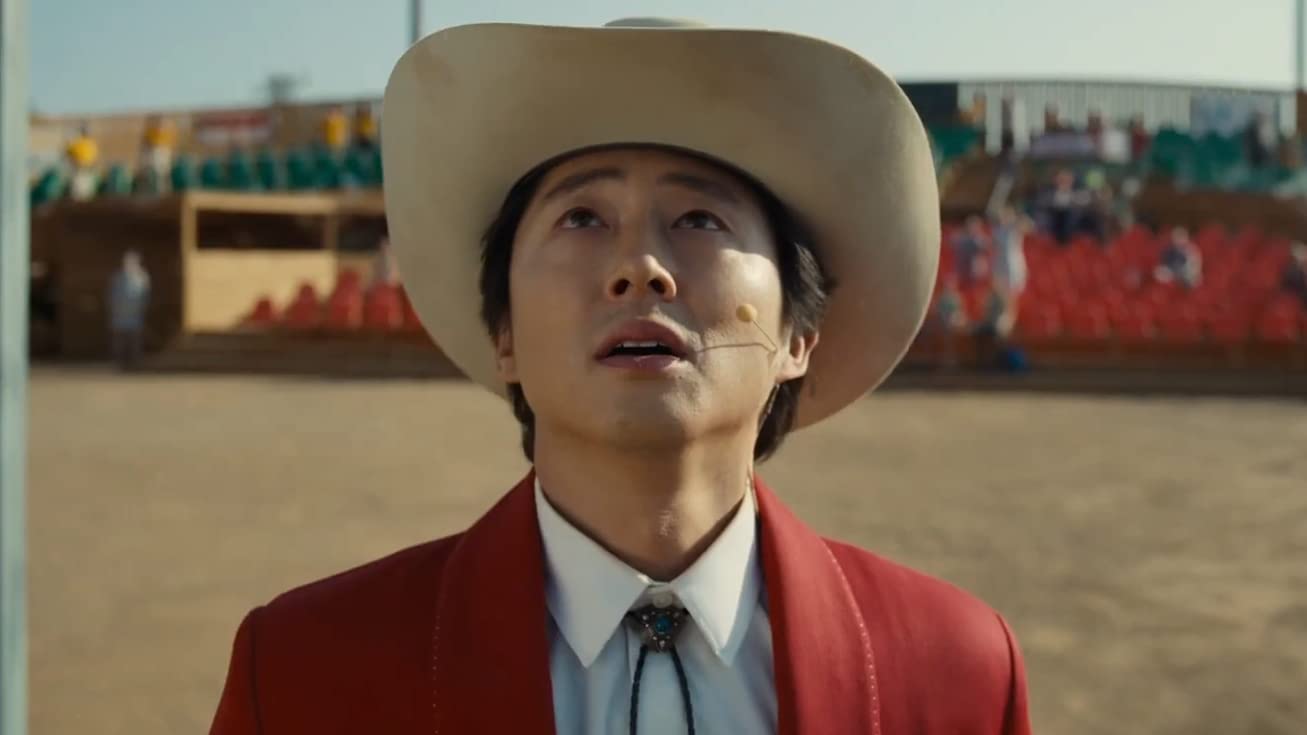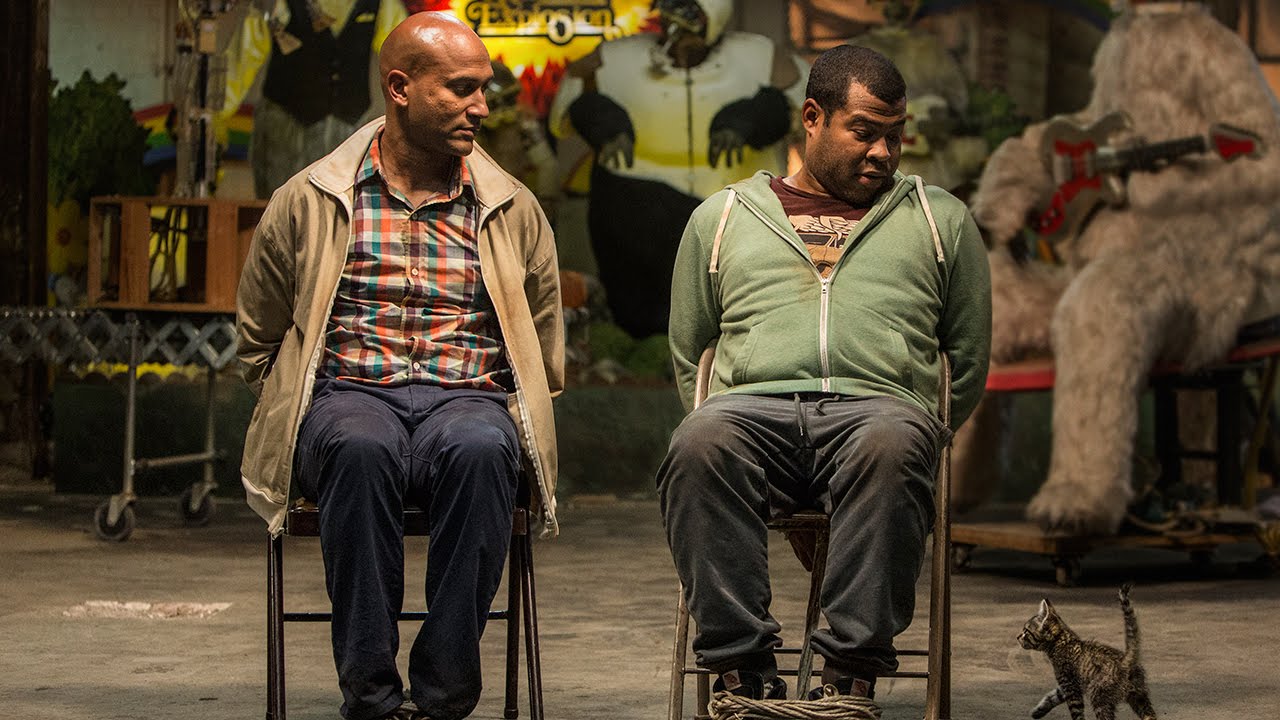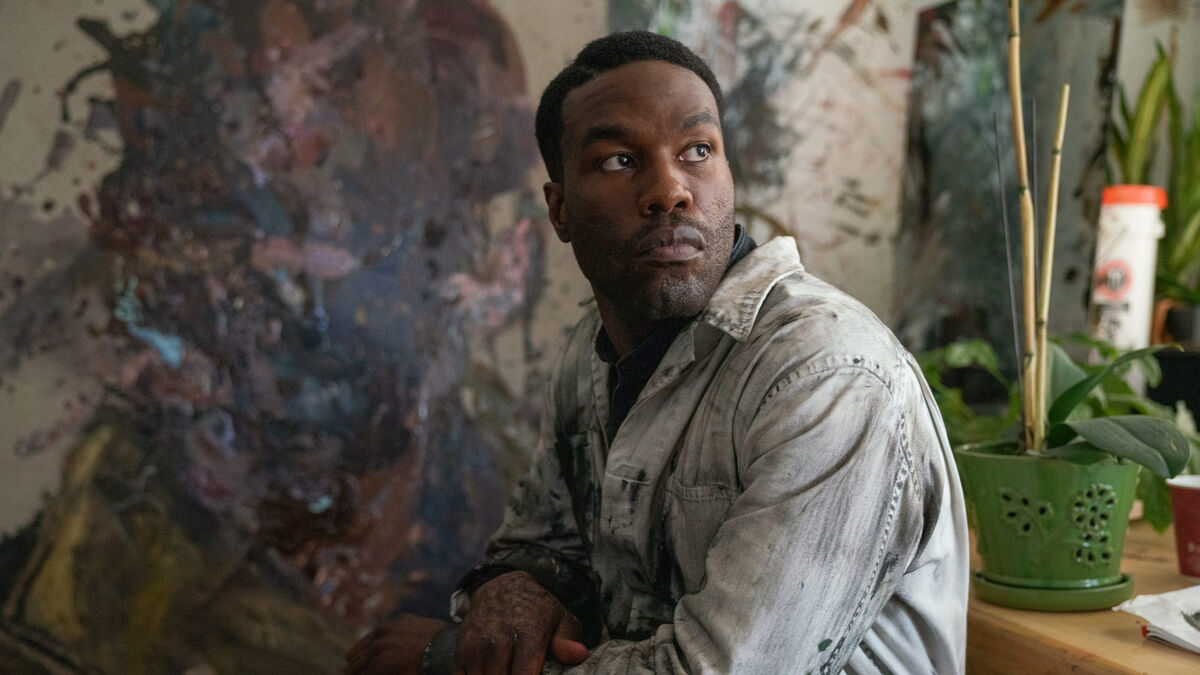
History has taught us that even the most brilliantly talented of directors have needed something of a learning process in the director’s chair before truly finding their mojo and becoming household names. Conventional wisdom, however, seldom applies when it comes to Jordan Peele; a newcomer with only three directing credits under his belt who’s already become one of the most bankable and acclaimed auteurs in all Hollywood.
Formerly known and loved for Fox’ series ‘Mad TV’ and Comedy Central’s ‘Key & Peele’, the New York native has defied all kinds of logic by swiftly morphing from sketch-comedy funnyman into one of the modern horror maestros. Only a handful of filmmakers have enough status, caliber and commercial accessibility to make a dent in today’s theatrical landscape—which continues to be increasingly dominated by established franchises—and still make every new release a mandatory appointment at the multiplex. Peele has quickly joined that select group, topping the American domestic box office with each one of his first three feature films.
But numbers are far from the main reason why Peele has been anointed as the latest poster boy of American cinema. Eschewing from well-trodden genre tropes, the director has earned a fervid following by grappling with pertinent issues pervading the black community with a refreshing novelty, crafting a string of exhilarating thrillers that refuse to parlay into a set definition of horror. Peele followed ‘Get Out’, a zeitgeist smash that knocked everyone’s socks off, with ‘Us’, another nail-biting treatise of socially-conscious thriller.
This year, he reunites with Daniel Kaluuya while bringing first-time collaborators Keke Palmer and Steven Yeung into the fold in ‘Nope’. The film, which is almost inherently built with the intention of a re-watch in mind, has been met with a torrent of anticipation and enthusiasm all around the globe — proving that Peele is head-and-shoulders above the majority of directors in the business. As we celebrate his latest outing, down below are all five of his writing and directing credits, ranked.
5. Keanu (2016)

Long before ‘Get Out’, ‘Us’ or ‘Nope’, there was ‘Key & Peele’. Even when he wasn’t defying genre norms and pushing the frontier of horror cinema to new, undiscovered heights, Jordan Peele had already proven himself to be a talented storyteller and innate entertainer in Comedy Central’s hit sketch series. Over the course of five seasons and ≈ 300 skits, Peele cut his teeth alongside partner-in-crime Keegan-Michael Key, giving us a glimpse at just how capable he is of toggling between comedy, horror and biting commentary in a span of a single scene.
The set-up for this 2016 movie the pair co-wrote, produced, and starred in seems to be taken right out of one of their beloved skits. An adorable little kitten named Keanu—voiced by, you guessed it, Keanu Reeves—gets stolen, which prompts two cousins (Key and Peele) to infiltrate a LA gang in order to retrieve it. The two leads more than hold their own, in fact, their effortless rapport together is easily the movie’s biggest asset—if not quite enough to sustain it for over 90 minutes. As his first foray into the silver screen, ‘Keanu’ is an intriguing prism as to which view Peele’s transition from beloved comedian to A-list Hollywood celeb. As to whether the 2016 film is a good sample of their fruitful partnership, let’s just say that the comedy duo has churned out far more inspired stuff together.
For the uninitiated, it is recommended to familiarize with their off-beat humor through the countless short skits that are available to watch for free on YouTube. Once you’ve dialed into their idiosyncratic style, feel free to come back for a glossier, king-sized dose of Key and Peele shenanigans with ‘Keanu’.
4. Candyman (2021)

While ‘Keanu’ sticks out like a sore thumb, Nia DaCosta’s ‘Candyman’ sequel-reboot seems to keep with the tone set by the three Peele-helmed entries featured in the present list. In fact, the director told Empire magazine that without Bernard Rose’s original 1992 movie, in all likelihood there would be no ‘Get Out’ at all.
Peele’s love for the source material is in full swing in the new 2021 rendition he helped produce and co-write for Universal. Set against the modern backdrop of gentrified Chicago, the film follows a disillusioned artist called Anthony who goes down the rabbit hole as he becomes more and more obsessed with Candyman, an urban legend that can be allegedly summoned by speaking his name five times into the mirror.
Race commentary and black trauma are once again the main driving forces behind the narrative, with the new film expanding on the original and putting its own, contemporary spin on Candyman’s lore. Though some of the rearrangements and artistic choices play out nicely, as a whole, Nia DaCosta’s reimagining barely holds a candle to Bernard Rose’s. Though her film makes salient points about trauma, poverty and gentrification, it is ultimately at odds with itself; trying to examine the ideas put forth by the original movie without knowing how to effectively do so. What we got instead is a benign if only slightly entertaining slasher that overstays its welcome and fizzles out before providing any insightful commentary.